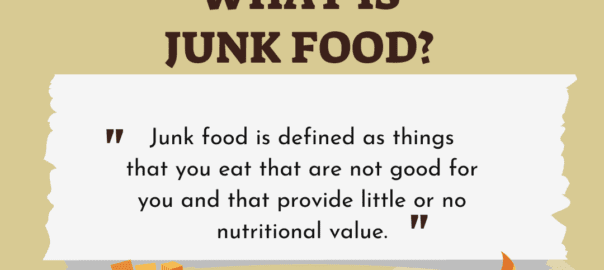Do you eat when you’re bored or stressed? Do you often eat while watching TV, reading a book or working on your computer? Ever sit down to eat dinner feeling distracted by your to-do list or stress at home or at work? What about grabbing a snack when you pass by the kitchen at work, just because it’s there?
If you answered “yes” to any of those questions, all that distracted or “mindless” eating could be a contributing factor to your weight gain.
If you want to avoid overeating, lose weight and keep it off, it’s time to reevaluate your eating habits and make a change toward mindful eating.
What is mindful eating?
Being “mindful” means you are aware and in the moment. Mindful eating means paying attention to what you eat, considering every bite and truly savoring the flavors. When you eat mindfully, you are more likely to feel satisfied by the food you eat and less likely to consume too much food.
Research shows that practicing mindful eating makes people feel more satisfied after a meal and reduces overeating. Studies have also found that people who practice mindful eating after completing a weight loss program continue to lose weight and keep it off.
Use these five mindful eating tips that might just help you lose weight.
Think about why you’re eating.
Before you start eating a meal or snack, take a moment to consider why you’re eating. How do you feel right now? Are you bored, stressed, anxious or sad? Or are you eating because you are truly hungry? Taking a moment to reflect before eating can help you make healthy choices about when you eat, what you eat and how you eat.
Sit down and turn off the screen.
Avoid eating in your car, while watching TV or looking at your phone. Instead, take time to prepare a healthy snack or meal and sit down at a kitchen or dining table (preferably away from your desk at work) to eat. If you multitask while eating, you’ll find it more difficult to keep track of how much you consume. When you’re eating, your focus should be solely on what’s going into your mouth.
Measure portions onto your plate.
Resist the temptation to eat right out of the bag or container. Doing so makes it easier to overeat. Serving up healthy portions onto your plate allows you to stay in control of how much you eat. Seeing your food on the plate also makes you more appreciative of the food.
Be thankful.
Whether you take a moment to pray over your food or simply pause for a moment of gratitude, take some time to acknowledge the work that went into providing your food — from the farmers who grew the produce to the person who prepared the meal.
Eat slowly.
Put your fork down between every bite and take time to chew each bite at least 20 times. This will slow you down, giving you time to enjoy the flavors in your mouth. Chewing your food thoroughly also gives your stomach time to connect to your brain to signal it is full.
If you are overweight and ready to drop those extra pounds, talk to your Nobilis Health doctor today to learn about weight loss options that might be the right fit for you.






